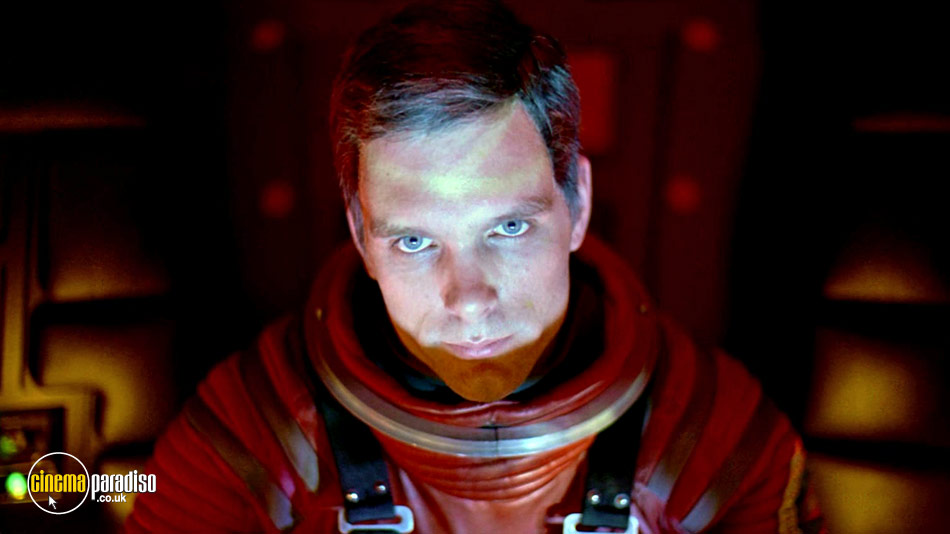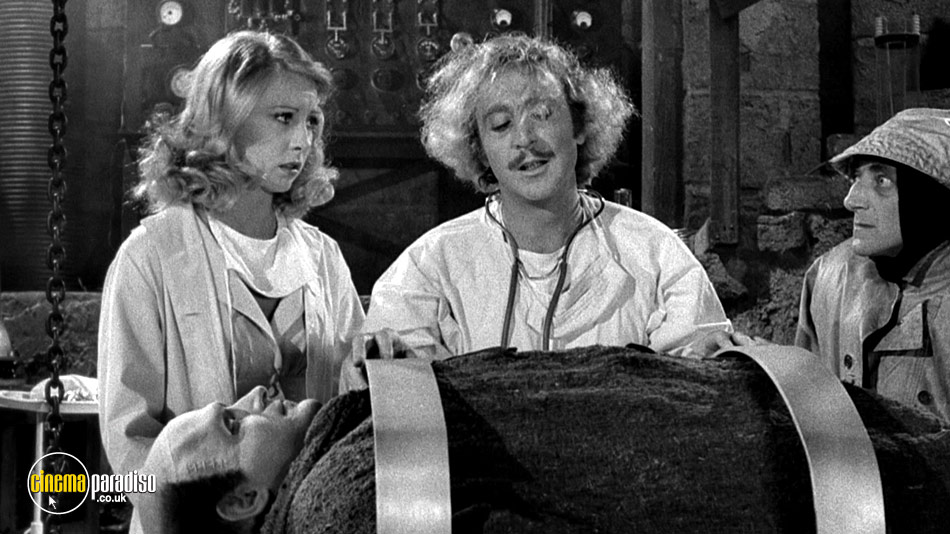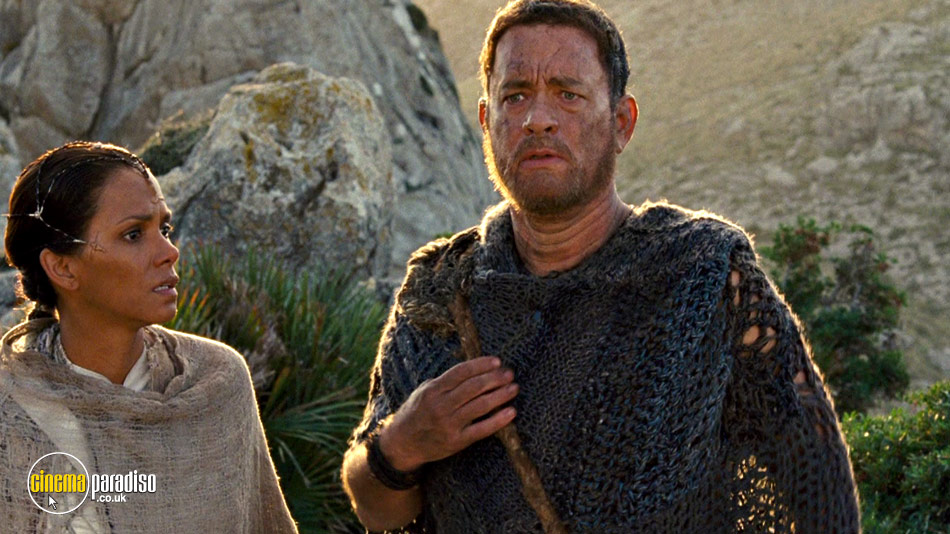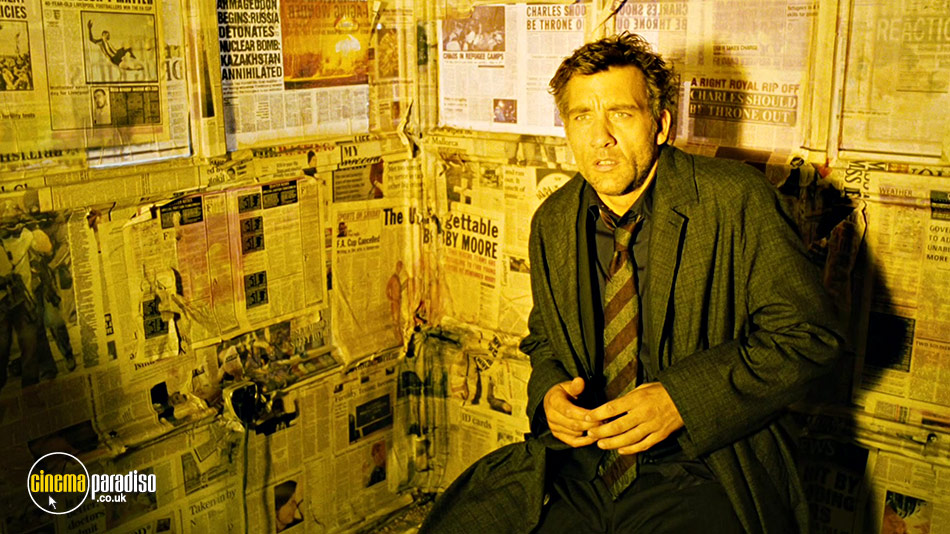You have no items in your cart. Want to get some nice things?
Go shoppingI’m a big fan of symbiosis that exists between literature and film, as I’ve written a great deal about it in the past. I’m also a sci-fi fan because when technological background mixes with fantasy, it lets your imagination run wild. Often it presents us with a pretty grey image of the human race – where technology either destroys or takes over our lives. But these are the topics that make some of the best books and films in this genre. Without further ado, I present to you some of my favourites!

Film: 2001: A Space Odyssey (1968), directed by Stanley Kubrick
Based on short story The Sentinel (1951) and novel 2001: A Space Odyssey (1968) by Arthur C. Clarke
This qualifies as an interesting development in literary and film world… Stanley Kubrick and Arthur C. Clarke have co-written the script for the movie, which was initially inspired by Clarke’s short story, The Sentinel. Clarke wrote the novel 2001 only after the movie came out. A true example of symbiosis! No doubt that the book by Arthur C. Clarke and Stanley Kubrick’s film found cult following and took their place and position among the stars.

Film: Young Frankenstein (1974), directed by Mel Brooks
Based on Frankenstein; or, the Modern Prometheus (1818) by Mary Shelley
“It’s pronounced Fronkensteen” says Gene Wilder in the role of a young doctor Frankenstein trying to forsake his heritage. One of the best works of the comic partners Mel Brooks and Gene Wilder, and among the best parodies ever which lovingly turned Shelley’s horror novel into comedy. The link to the book is obvious, but indirect because plot revolves around the next generation of Frankensteins.
The film itself is full of puns and various hilarious situations such as Peter Boyle’s monstrous creation dancing to the Puttin’ on the Ritz, the debate on how to pronounce Wilder’s assistant’s name Igor, or Gene Hackman as a blind man who gives the monster (not so) safe shelter.

Film: Cloud Atlas (2012), directors Lana Wachowski, Tom Tykwer and Andy Wachowski
Based on Cloud Atlas (2004) by David Mitchell
The novel by David Mitchell borders on fantasy with a strong sci-fi futuristic element. It is really one of the more bizarre films on the list in regard to the world it creates, but still I prefer the book. It seems to me that the film failed to meet people’s expectations, with some actions throughout the story left unexplained, which is a common trap involving multiple plots.
What I did like, actually the best part of the film, are the same actors in all of the six time periods. To see their transformation, sometimes completely unrecognizable, truly is amazing and can be seen only on screen. The cast led by Tom Hanks, Halle Berry, Jim Broadbent and Hugo Weaving is accompanied by some of the highest rated names in the industry. And as the actor Ben Whishaw said in an interview, “something like this has never been attempted before.”

Film: Children of Men (2006), directed by Alfonso Cuarón
Based on The Children of Men (1992) by P. D. James SF thriller is based on the novel by an English writer P. D. James. Honestly I think this is one of the best dystopian films ever made. A winning combination makes a best-seller story being brought to life by one of the most accomplished directors of today (Y Tu Mama Tambien, Pan’s Labyrinth, and Gravity).
There’s actually a pretty big visual advantage the film has over its literary counterpart – all the scenes were filmed in one take and it looks magnificent! The story works on several levels, from a single battle for humanity to restoring the will for life to a man who had long ago given up hope. Birth of a child in a sterile world takes on greater meaning and decides on the direction of humanity in the future. Of course there is also the battle against authority, as a true dystopian work wouldn’t be complete without it.

Film: Contact (1997), directed by Robert Zemeckis
Based on Contact (1985) by Carl Sagan The boy asks Jodie Foster’s character, “are there other people out there in the universe?” To which she replies, “universe is a pretty big place … and if it’s just us, it seems like an awful waste of space.” Is there a truer statement about possible life in the universe? Carl Sagan wrote the script long before the film came to be but when the shooting got delayed time after time, he decided to publish the novel. The film was, of course, made but ten years later.
Briefly about the plot – Ellie Arroway is a scientist who finds strong evidence that extra-terrestrial life exists, and it is she who should make the first contact. I think that this movie is a mandatory watch for all SF fans, because in addition to this scientific side about the possibility of contact with new races, there is an always present debate between science and religion.
What do you think, book or screen? What are your SF favourites?





I suggest you to watch this movie on terrarium tv app.